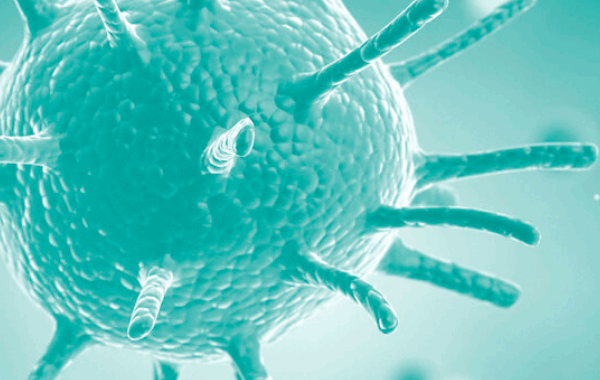Today we launched [email protected], an email hotline designated to receive information about violations inside South Carolina correctional facilities related to the COVID-19 pandemic. Anyone with information about abuses in South Carolina prisons, jails, and detention centers should email the hotline. So that we can respond effectively and efficiently, please include the following information in your message:
- Your name
- Your contact information including phone number
- A brief description of your concern
All messages will be reviewed by our staff members to determine trends, systemic problems and shortfalls, and, when possible, to provide advocacy and assistance in emergency situations.
Incarcerated people in South Carolina are particularly vulnerable to the effects of this pandemic. Many are in poor health, confined in cramped and unhygienic conditions, and are unable to access adequate medical care in the best of times. Public health experts are sounding the alarm on the dire risks associated with being incarcerated during the COVID-19 outbreak, and we are committed to holding South Carolina corrections officials and jail administrators accountable for ensuring protections for those in their custody.
Please note: Information communicated through the email hotline should not be considered legal advice and is not in any way forming an attorney-client relationship. Anyone looking for legal assistance regarding an individual issue may visit our intake webpage for additional information.
We will soon be announcing further efforts regarding COVID-19 as it relates to mass incarceration concerns and issues. To follow our updates, visit https://www.aclusc.org/en/covid-19-and-your-rights.


